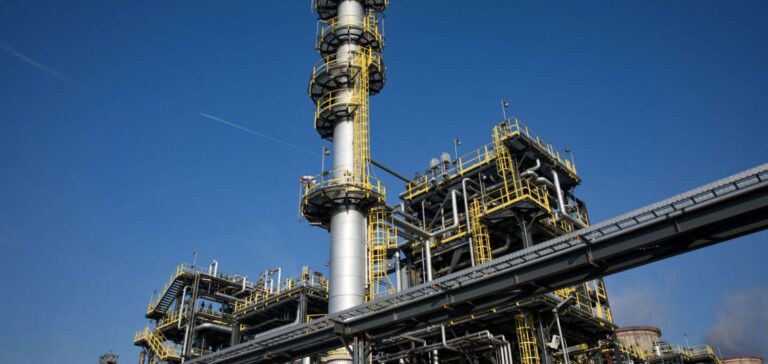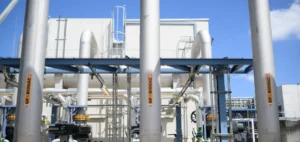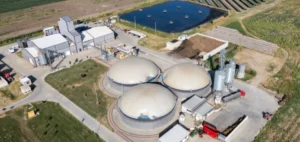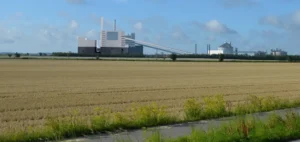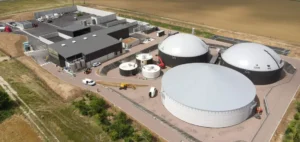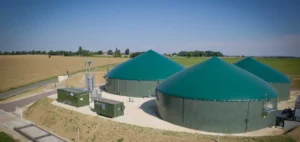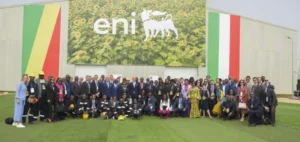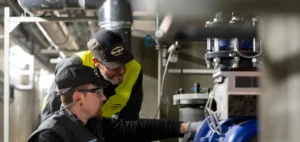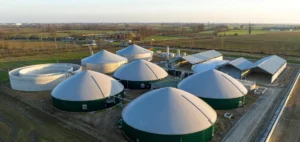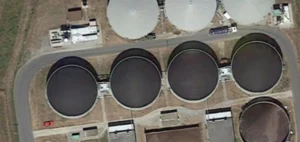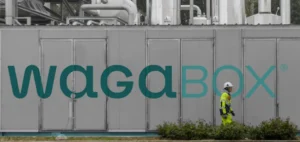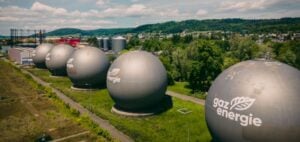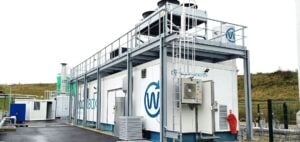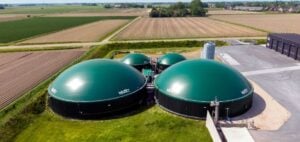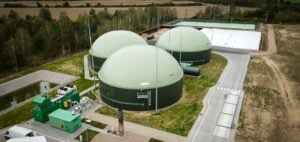OMV Petrom, the largest integrated energy producer in Southeastern Europe, has announced the start of construction for a sustainable fuels production unit at its Petrobrazi refinery. This facility, expected to be operational in 2028, aims for an annual capacity of 250,000 tonnes of sustainable fuels, including sustainable aviation fuel (SAF) and hydrotreated vegetable oil (HVO).
A strategic investment in biofuel production
This project represents a total investment of €750 million, with €560 million allocated to the construction of the SAF/HVO unit and €190 million for two green hydrogen production facilities. Christina Verchere, Chief Executive Officer of OMV Petrom, stated: “Investing in sustainable fuel production is part of our Strategy 2030 and reflects OMV Petrom’s commitment to the energy transition and carbon emission reduction.”
Integration into existing infrastructure
The new unit will allow OMV Petrom to integrate the production of SAF and HVO with its existing infrastructure for fuel production, storage, and distribution, meeting regional sustainable mobility needs. Radu Căprău, member of the OMV Petrom Executive Board responsible for Refining and Marketing, highlighted: “This investment strengthens the role of the Petrobrazi refinery in providing the necessary fuels for mobility – today and in the future.”
Technical characteristics and impact on emissions
SAF and HVO fuels are produced from renewable raw materials such as used vegetable oils and animal fats. Through advanced refining processes using green hydrogen, these materials are transformed to have characteristics similar to conventional kerosene and diesel. The use of these fuels enables a significant reduction in CO₂ emissions compared to traditional fossil fuels, reaching at least 65%.
Production flexibility and market outlook
The facility will offer flexibility in selecting raw materials and adjusting the mix of finished products, including SAF, HVO, bio-naphtha, and bio-LPG, based on market requirements and resource availability. This initiative positions OMV Petrom as the first major producer of sustainable fuels in Southeastern Europe, contributing to the region’s energy transition.

